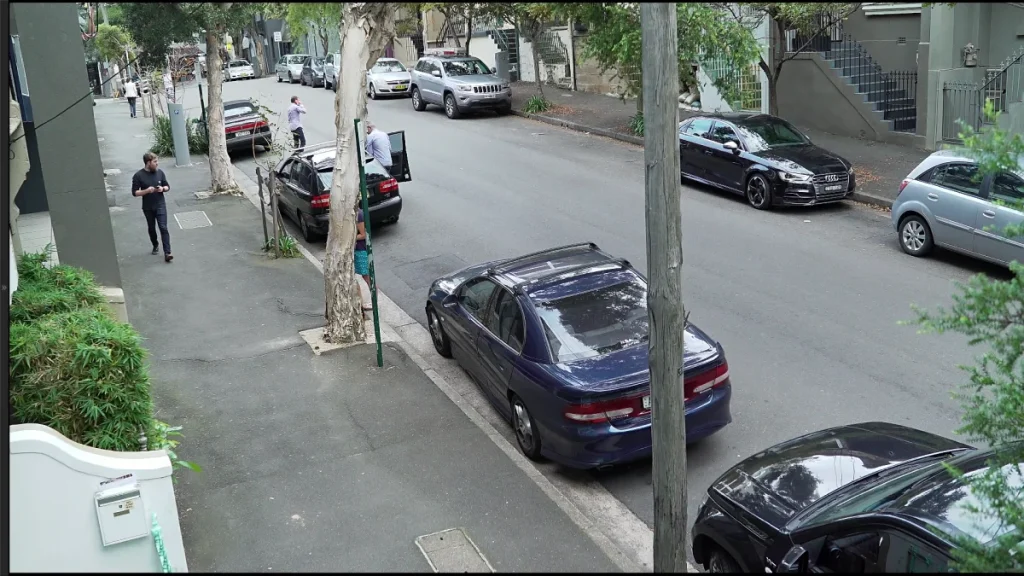Upscaling CCTV Cameras To 4K – Which Is Which?
Upscaling CCTV Cameras To 4K – We’ve heard many manufacturers are selling 4K CCTV cameras with a claimed 8MP resolution but are simply upscaling lower resolution sensors. Is this true and how can we tell the difference?
A: Yes – we live in a world where, thanks to the drive to low cost from installers and end users (one group seeking to protect thinning margins and the other seeking to reduce capex), CCTV cameras no longer deliver the highest image quality possible.
As part of this trend, CCTV manufacturers are trying to hold onto margin by minimising production costs with corner cuts – in this case turning excess processing power over to the creation of ‘detail’.
It’s fair to say that IP cameras have always put work on image streams – it’s the nature of digital processing. But topping up resolution is comparatively new. As well as reducing sensor cost, spinning out resolution means you’re not cramming extra pixels onto more sensors – that means better low light performance as well as lower sensor costs.
Upscaling mid-resolution sensors to 4K is a process by which the camera engine adds digital artefacts to a video stream. This interpolation of data decreases the quality of digital zoom performance, as well as overworking a processor that may not be designed for 4K.
A hardworking processor uses more power, generates more heat, creates more latency and ultimately makes for a less reliable camera than you’d get with a real 4K camera engine.

Upscaling CCTV Cameras To 4K
How can you tell if a 4K image is upscaled? It’s possible that any camera with a smaller progressive scan sensor – something in the 1/3-inch 1/2.8-inch range – that’s claiming to offer 4K while delivering unassisted low light performance around starlight may be upscaling.
Experience is going to provide clues. Upscaling involves adding new pixels to an image stream by estimating colours based on adjacent pixels – this is called interpolation.
When an image stream is seriously upscaled it’s unlikely the interpolation process is going to be accurate in areas where there are sudden changes in contrast, sharpness or brightness.
A camera engine that makes a mess of the interpolation process is going to generate image streams prone to softness and pixelation – the lower the resolution of the raw image stream, the greater that pixelation is going to be.
You may not notice it with the full screen image but when you try to use digital zoom that increased pixelation is going to be immediately noticeable, even if your monitor is only HD.
You can read more about 4K camera technology here or read more SEN news here.
“Upscaling CCTV Cameras To 4K – Which Is Which?”











